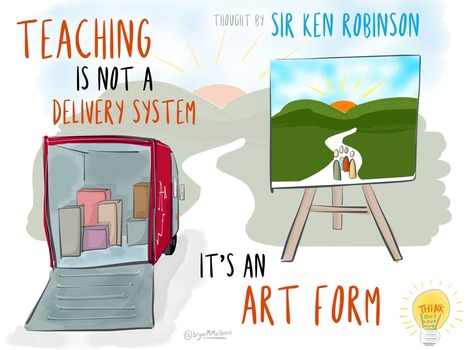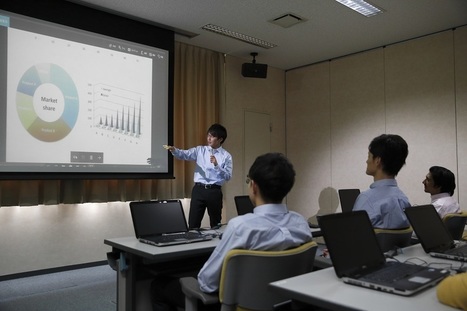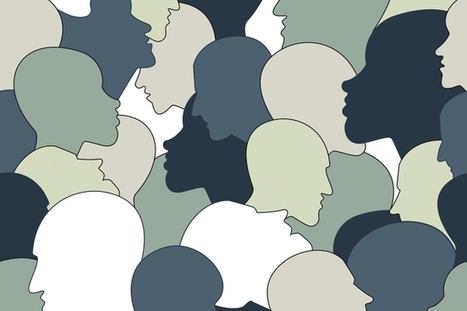The research around university learning and teaching shows that didactic teaching and passive reception do not result in deep, lasting or meaningful learning for most students. It is curious, then, that despite knowing this, we persist with lecturing at students in large groups in most universities. Worse, one of the most common lecturing practices is to ‘stand and deliver’ notes and/or PowerPoint slides.
It is important to acknowledge that lectures probably worked as a form of teaching for many academics – who were, as students, particularly intellectually able, intrinsically motivated and keenly focused and clear on their educational and vocational goals, that is, to continue to pursue knowledge throughout their career through research and teaching. But it is equally important to acknowledge that this approach is not effective for the majority of students, who go on to fill other roles and pursuits outside of academia. The challenge is that the lecture persists and is assumed to be the basis of effective teaching practice when it may or may not be, depending on the student and context.
Via Elizabeth E Charles



 Your new post is loading...
Your new post is loading...














